For oral care brands and distributors, customer satisfaction hinges on product reliability. One of the most frequently reported complaints in after-sales service is: “The water flosser can’t be charged.” This issue, while seemingly simple, can be rooted in multiple causes—among them, water ingressed issue stands out as a key factor. In this blog, we provide a systematic breakdown of water flosser charging problems, how to assess them, and what brand owners should know when choosing manufacturing partners.
Before jumping to conclusions, it’s important to identify the actual cause when a water flosser can’t be charged. Here are the most common reasons:
Faulty or incompatible charging cable or adapter
Poor internal circuit design or defective charging port
Battery failure or degraded battery capacity
Improper water flosser charging operation by users
Internal damage caused by water ingressed
Understanding which issue is at play helps determine whether it’s a design flaw, user error, or a production defect.
One of the most overlooked, yet critical issues is water ingression. Despite water flossers being designed for bathroom use, not all models have adequate waterproofing. If water ingressed into the internal circuitry, it can cause:
Corrosion of charging contacts or internal circuits
Short circuits or blown fuses
Complete charging failure after repeated exposure
This is especially problematic in products with improperly sealed charging ports or low-grade enclosure materials.
For oral care brands sourcing from OEM or ODM suppliers, it’s vital to choose partners who prioritize waterproof design. Look for factories that implement:
IPX7 or higher waterproof rating
Sealed USB or magnetic charging ports
Ultrasonic welding for casing closure
Rigorous waterproof testing procedures during QC
If water flosser charging problems are frequently due to water damage, it often points to poor manufacturing standards rather than just user misuse.
Even the most waterproof product needs proper handling. Educating customers on correct water flosser charging operation can reduce returns and boost brand trust. Useful recommendations include:
Always dry the device before charging
Avoid charging in humid environments like the shower area
Use only the original charger and cable
Store the device upright to allow drainage after use
Manufacturers should offer clear user manuals and waterproof safety labels to support this.
If you’re a brand looking to minimize warranty claims and improve customer satisfaction, your factory’s design and QA standards matter. Here’s what to prioritize:
Expertise in waterproof consumer electronics
Transparent quality control and testing processes
Strong R&D support for structural waterproofing
Customization ability for charging ports and safety seals
Experience with CE, FDA, or similar certifications
A reliable manufacturer will not only minimize water flosser charging problems but also support your product’s reputation and market competitiveness.
When a water flosser can’t be charged, it’s not always a user issue—water ingressed during daily use is often the silent culprit. By understanding the underlying causes, improving water flosser charging operation, and partnering with high-standard factories, oral care brands can reduce failure rates and build stronger customer trust.
Looking for a manufacturer with proven waterproof design expertise? Contact our team today to learn how we can support your next-generation oral care products. https://www.powsmart.com/about-powsmart/
Enamel Erosion with Cavity Acceleration – Vicious Cycle?
Cleaning Residue Plus Bristle Hardening – Double Trouble?
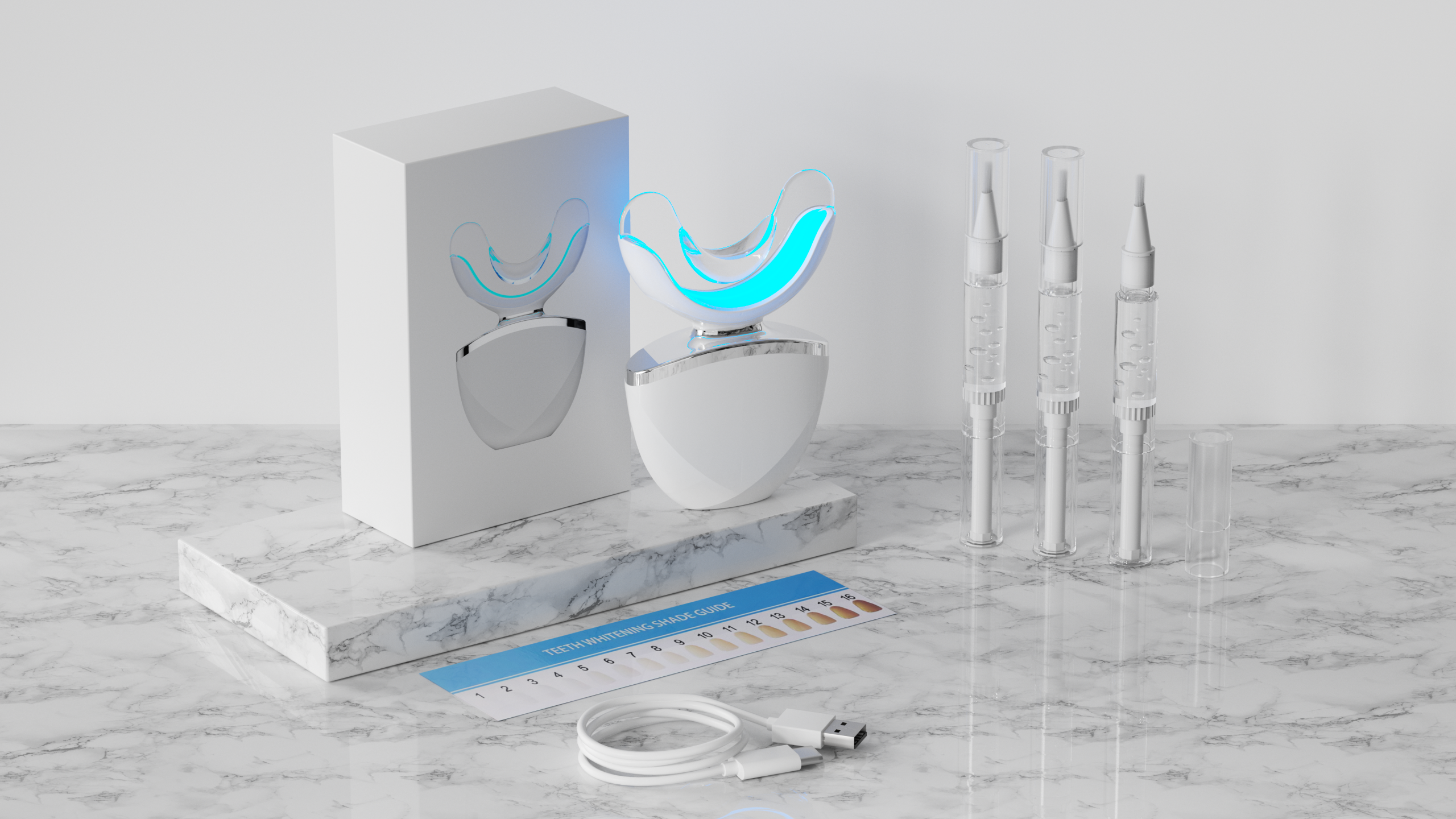
Can a Toothbrush Truly Rebuild Gum Health? Discover Powsmart’s Dual-Action Gum Shield Tech!

Can Bluetooth Toothbrush Tracking Paired with a Smart Dental Coach Replace Your Dentist?
Circuit Shorting with Nerve Inflammation – Emergency?
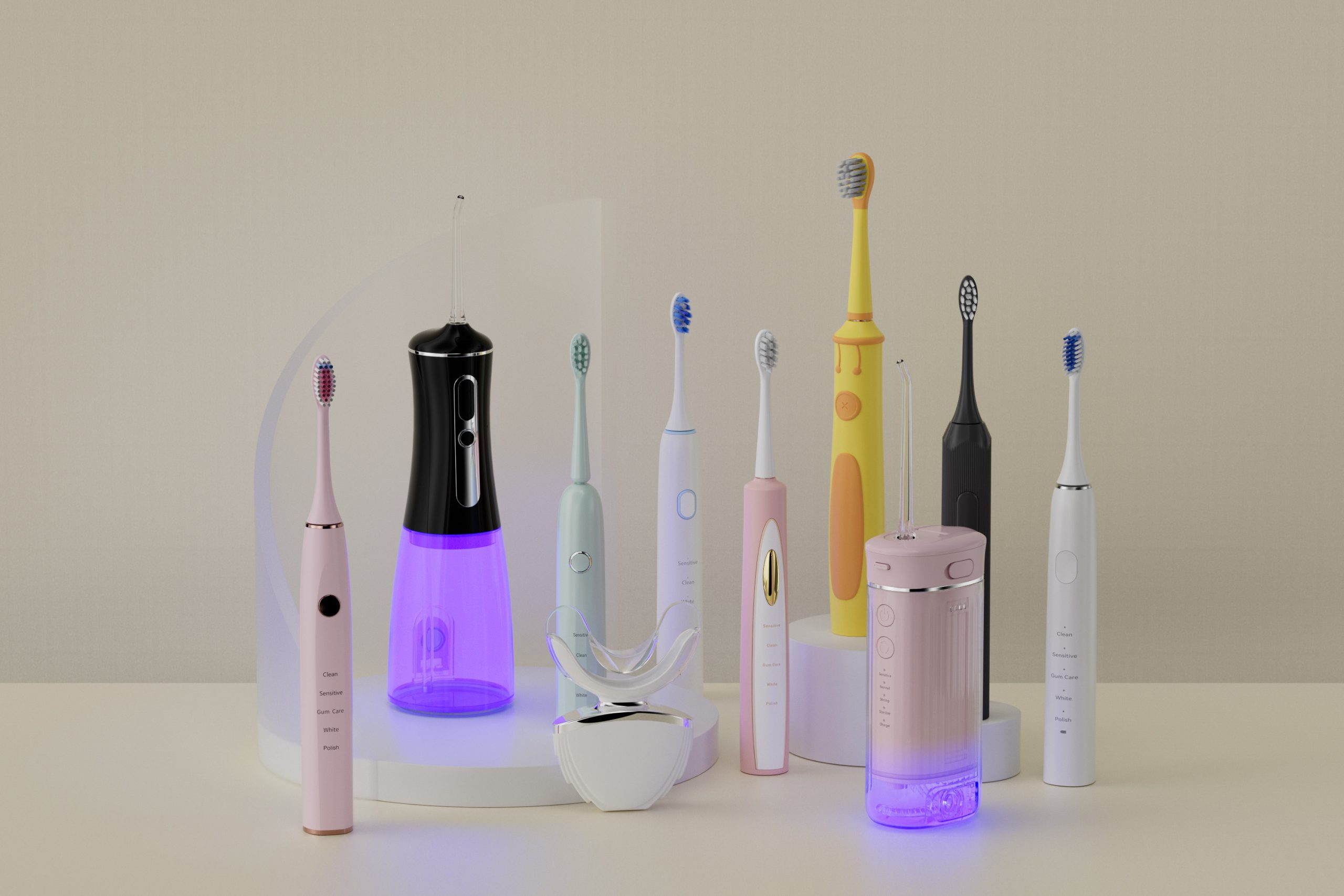
Premium Oral Care Product Selection Strategies in the Consumer Upgrade Era

comprehensive oral care solutions: Why Consumers Prefer Them
.jpg)
How Does Powsmart App Connectivity Turn Real-Time Brushing Data into Actionable Insights?

Factory Audits: Ensuring Electric Toothbrush Manufacturer Quality
Charge Failure Triggering Display Glitches – Connected?
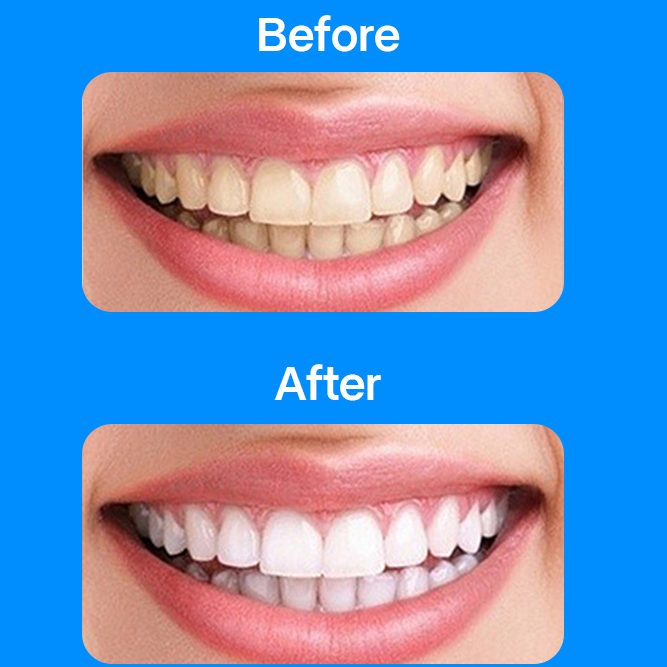
Is It True That Portable Teeth Whitening Devices Have No Effect at All?

Is a TSA Friendly Toothbrush with Portable Toothbrush Case Truly Hassle-Free at Airports?

Retail Merchandising Tactics for Oral Care Products: Strategies for Brands Seeking Manufacturing Partners
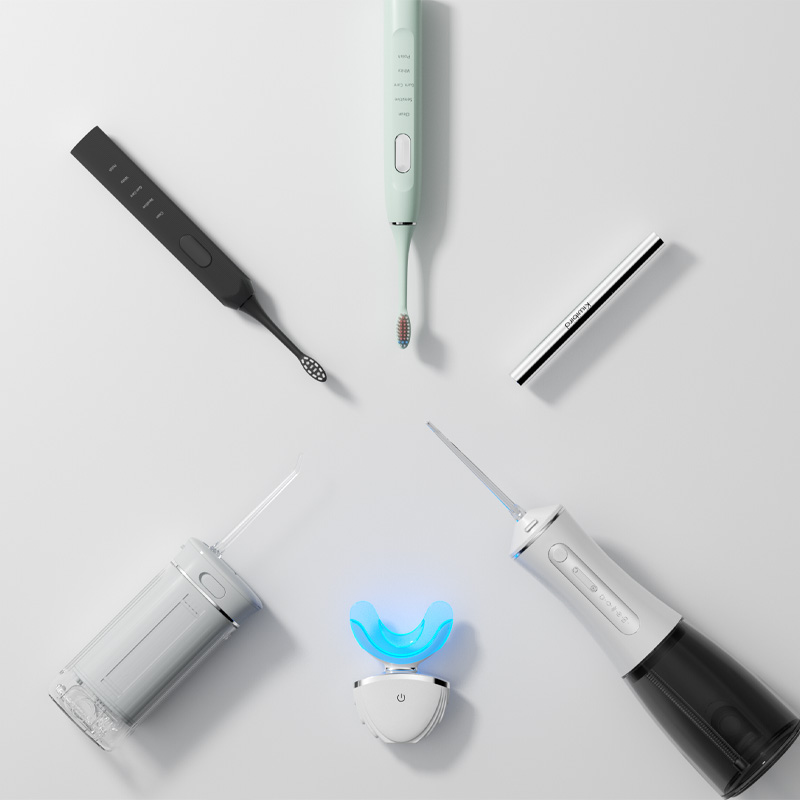
Market Potential of Electric Toothbrush & Whitening Device Combos
-2-scaled.png)
Clinical Validation of Modern Teeth Whitening Technologies: A Guide for Oral Care Product Brands
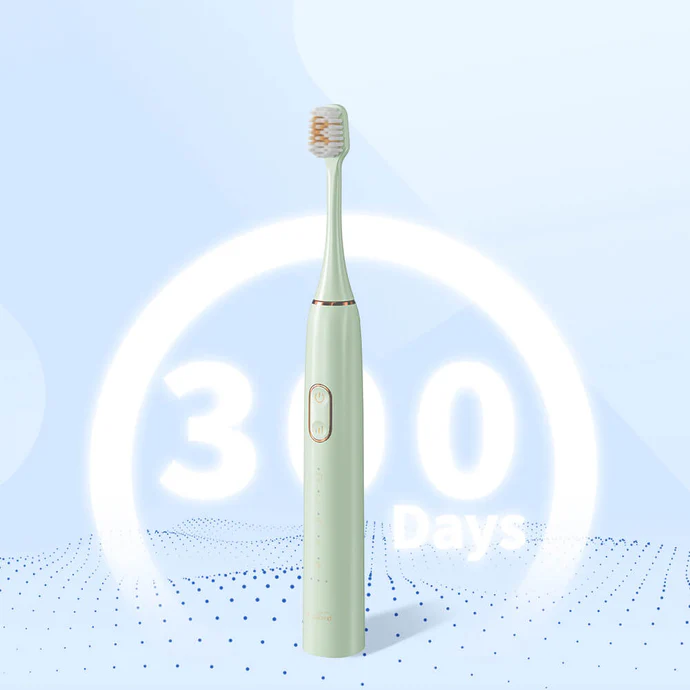
No Wonder Your Electric Toothbrush Burned Out When Charged Like This!
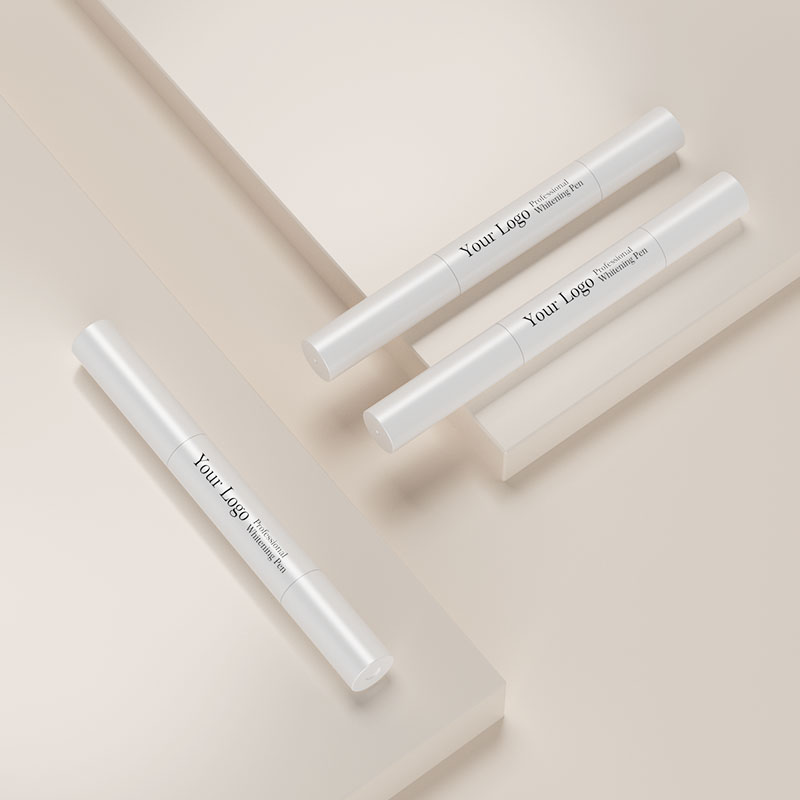
Customization Teeth Whitening Gel
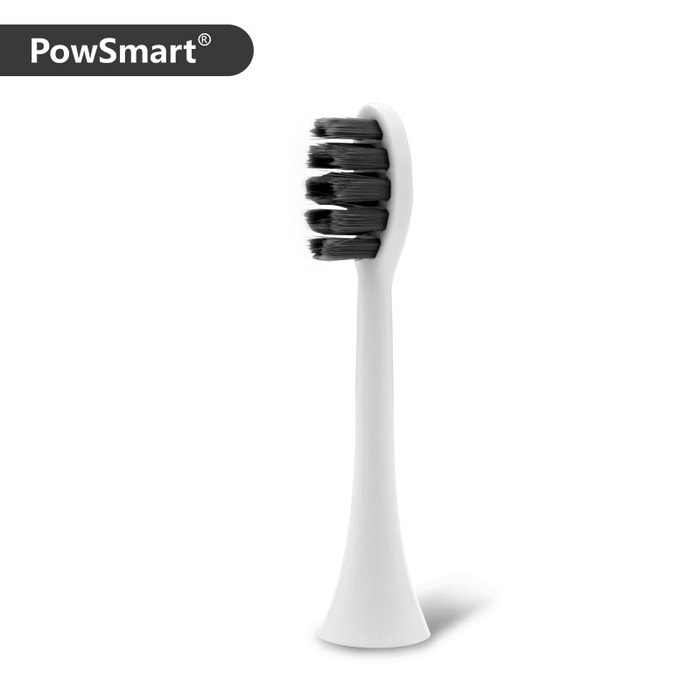
Electric toothbrush heads Charcoal Infused-Diamond
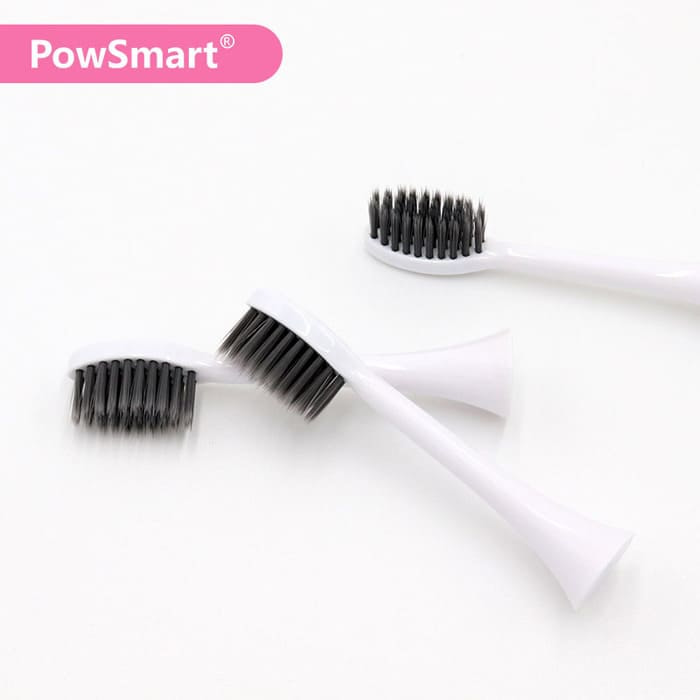
electric toothbrush heads Charcoal Infuse-Round
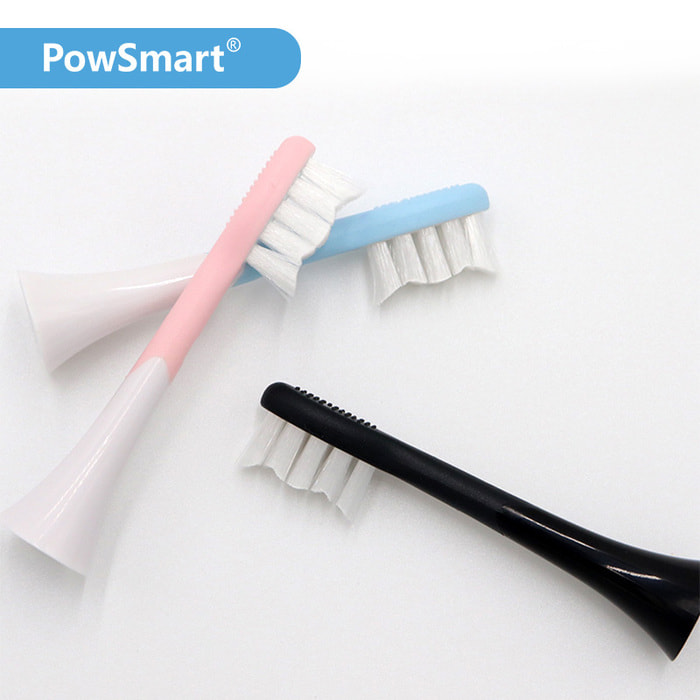
electric toothbrush heads Ultra Soft
.jpg)
Florida Electric Toothbrush – Powsmart PTR-C8
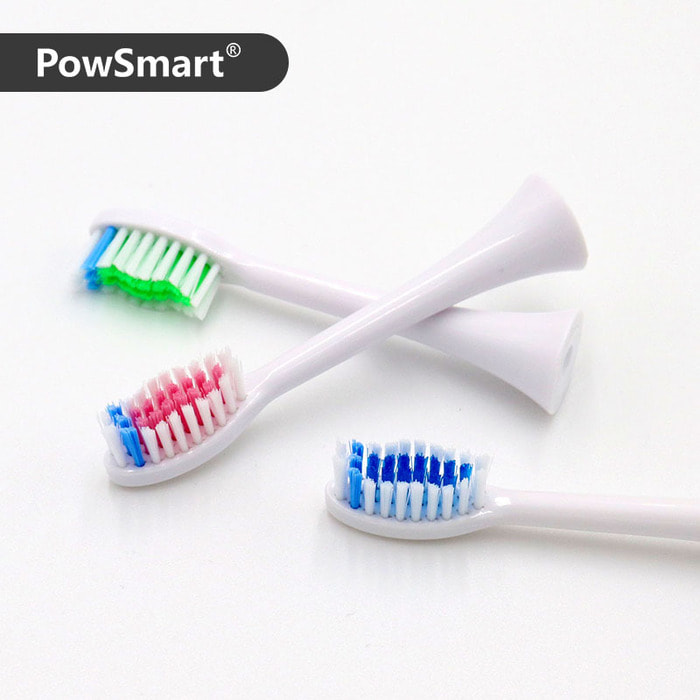
electric toothbrush heads Regular Clean
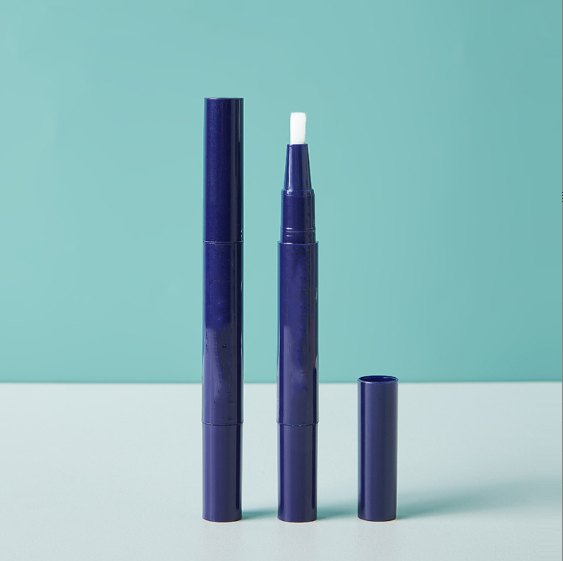
Private Label Whitening Gel
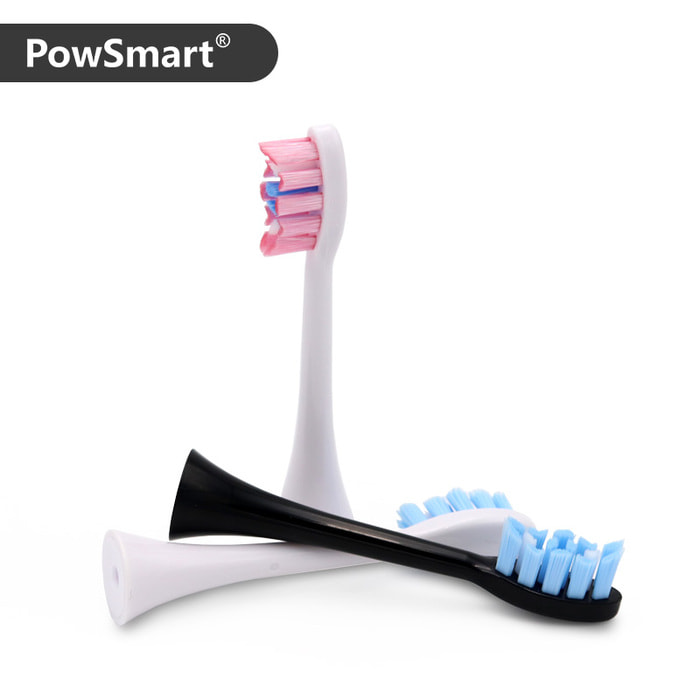
electric toothbrush heads Deep Clean
whstapp
whstapp
National Toll-Free Service Hotline
+86 755 86238638